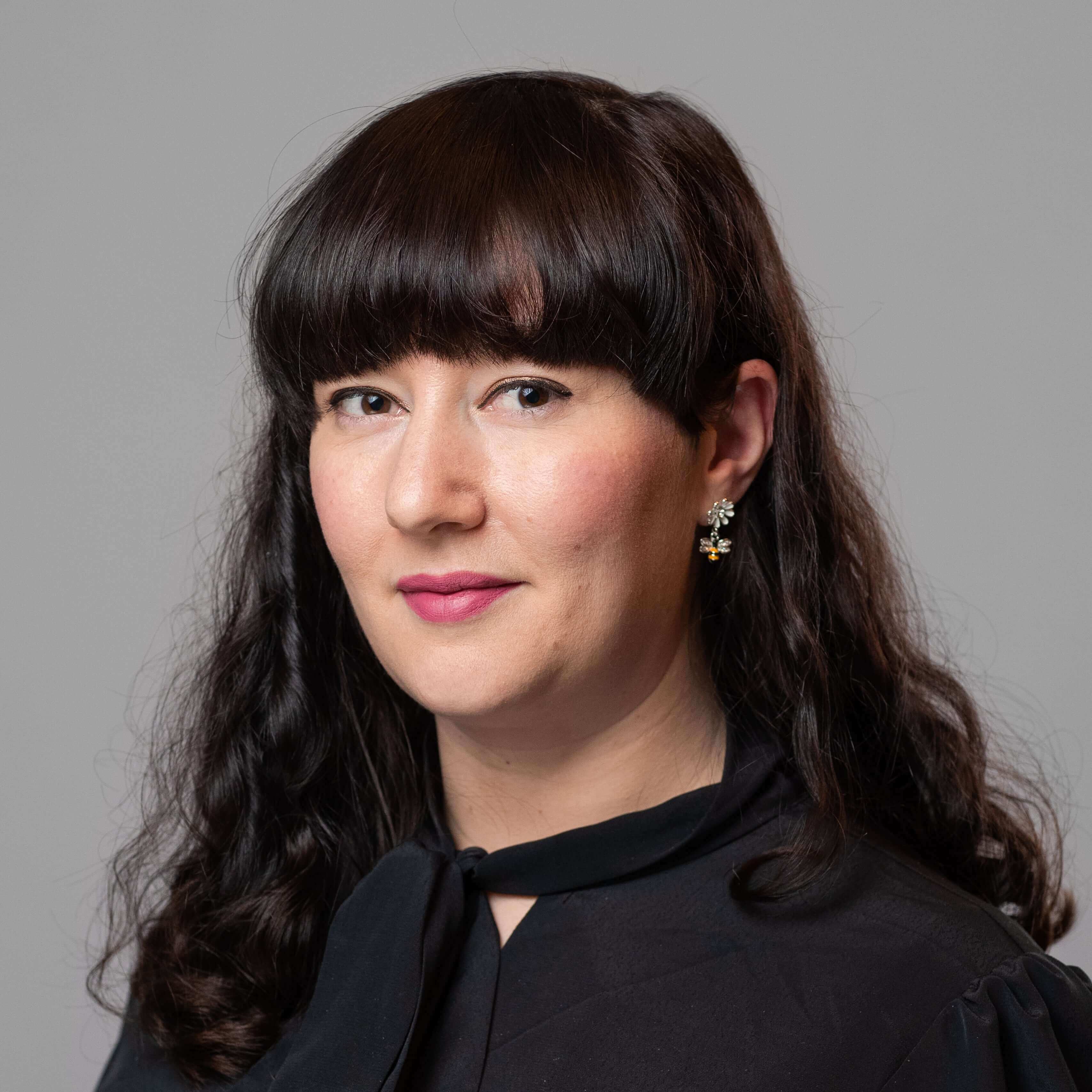Domestic abuse is a wide range of behaviour. It can include emotional, physical, psychological, sexual, financial and coercive control and is often a pattern of behaviour between partners or family members.
However domestic abuse could be any kind of unacceptable or inappropriate behaviour. It often involves control or threats as well as actual acts of abuse.
Statistics have shown that 1 in 4 women and 1 in 6 men in the UK will experience domestic abuse in some form in their life. This is a huge number and so it is important to remember that the abuse can take lots of different forms. No matter what type of abuse it is, it is never the victim’s fault.
Suffering domestic abuse in whatever form can be an extremely stressful and traumatic time. Sometimes you think that it cannot be happening to you, or you worry that you won’t be believed. It is important to get the right support. We can help to get you protection from the courts, but can also give you guidance about your legal rights and the practical steps you can take to get you (and your children) safe. Finally, we can help you get in touch with other support agencies and charities and can then work with them to guide you through right from your first worries to life on the other side. The amount of help we give you is up to you, and the decision is always yours.
Suffering domestic abuse is of course an incredibly traumatic experience, and those in this situation will often need help from a variety of people, including loved ones, support services, the authorities, and solicitors.
We understand that asking for help in these situations can be extremely difficult. However, when you take that challenging step, we can provide legal advice and protections to help keep you and those close to you safe.
What is a Non-Molestation Order?
A Non-Molestation Order can prevent an abusive person from harassing you, pestering you, being violent to you, threatening you, communicating with you, coming to your house, work or children’s school, or asking anyone else to do those things for them. If the person does these things after the order is made it is a criminal offence and the police do not need a warrant to arrest them. When you are scared about what they would do if they knew you were going to court, Non-Molestation Orders can often initially be made without telling the other person. Once the order has been made by the court it is handed to the other person by someone independent called a process server. As soon as it has been handed to them it comes into effect and acts to protect you. There will then be further court hearings to determine whether the order should remain in place.
What is an Occupation Order?
An Occupation Order can give you the right to remain in your home, make an abusive person leave your home, or stop an abusive person coming back to your home. When making a decision the judge will consider all the circumstances of your case and apply a ‘balance of harm’ test. This means that the judge will consider what harm would be caused to each party (and any affected children) if they make the order and what harm would be caused to each party (and any affected children) if they do not make the order.
What other help and support can I get?
There are lots of agencies and charities who can offer help and support when you are dealing with domestic abuse. A few of them are listed below, but this list is not exhaustive. Many of the organisations below can guide you to other support services depending on what you need.
- Your doctor may be able to help with any physical injuries as well as your mental health. In an emergency, you should go to a hospital or call 999 instead.
- Gloucester Domestic Abuse Support Service offers support, guidance, courses, group work and much more. All of their services are free. You can find out more on their website here, or you can call their free confidential helpline on 0845 602 9035.
- If you need a safe place to go Refuge offers support services at home to plan moving out and have a network of refuges across the country. You can find out more on their website here, or you can call their free National Domestic Violence Freephone Helpline on 0808 2000 247.
Your Local Authority’s social services may also be able to help. Adult services look after adult mental health, and children’s services can help to protect your children. You might be worried about your children when they are with their other parent, or you might be worried that you need some help in looking after your children when they are with you. In Gloucestershire, you can call the Children and Families Helpdesk on 01452 426565, or email childrenshelpdesk@gloucestershire.gov.uk. In the event of an emergency you can always call the police on 999 or, if is less urgent, on 101.
Speak to our domestic abuse lawyers in Gloucestershire
For expert advice on domestic abuse, please contact our local offices in Gloucester or Stroud today. If you have a quick question or would like to request a call back, you can also use our quick online enquiry form.




